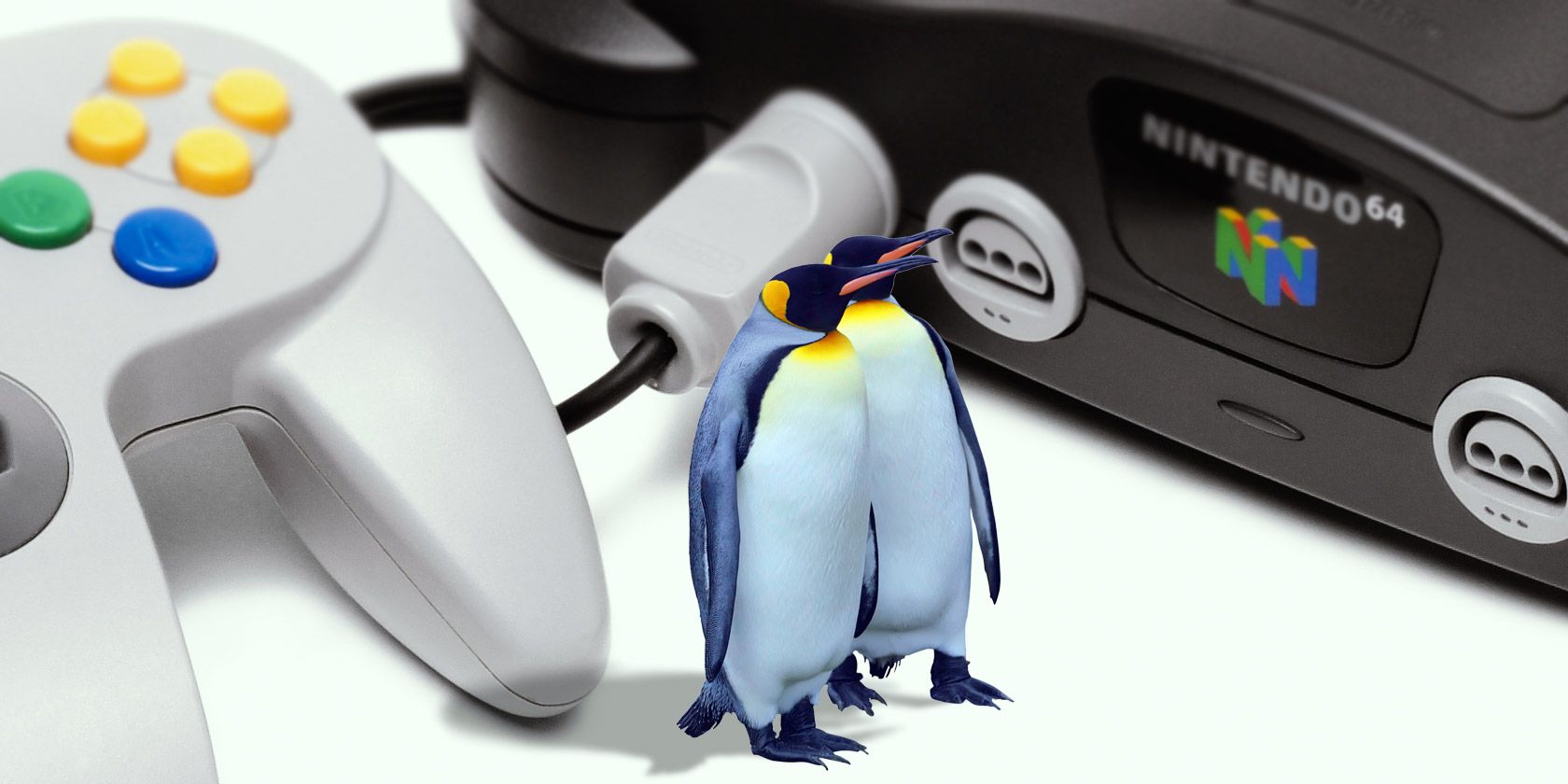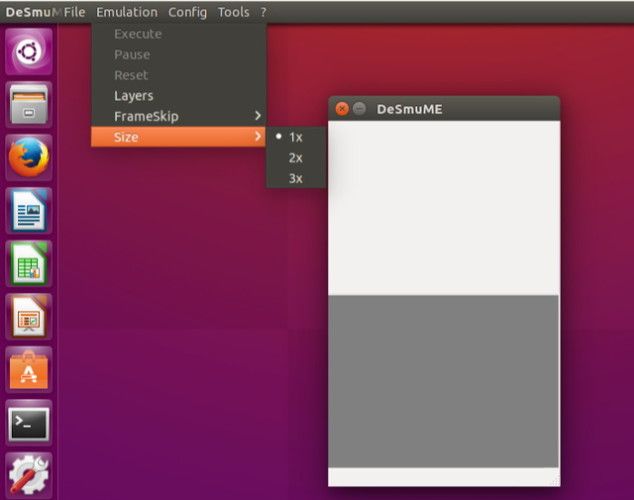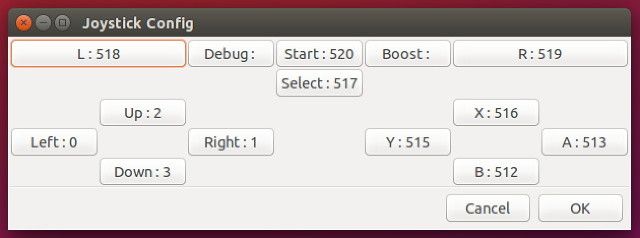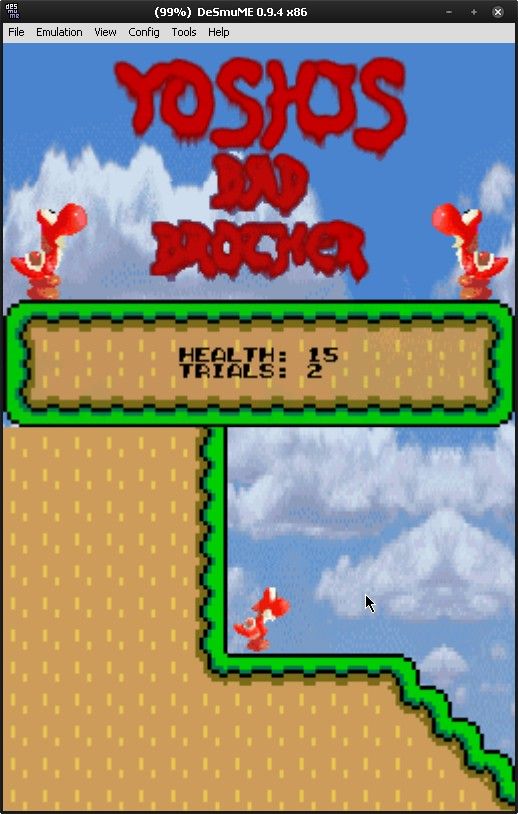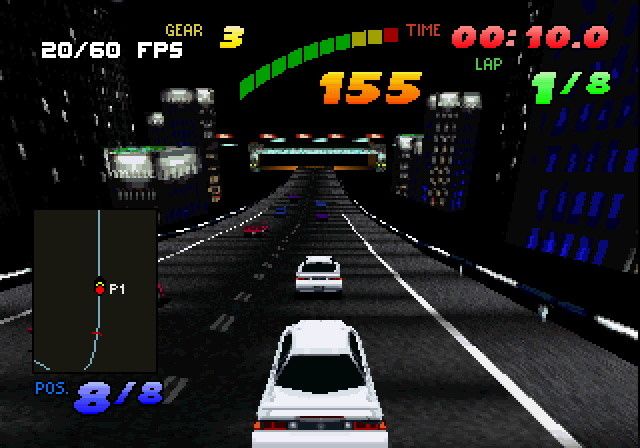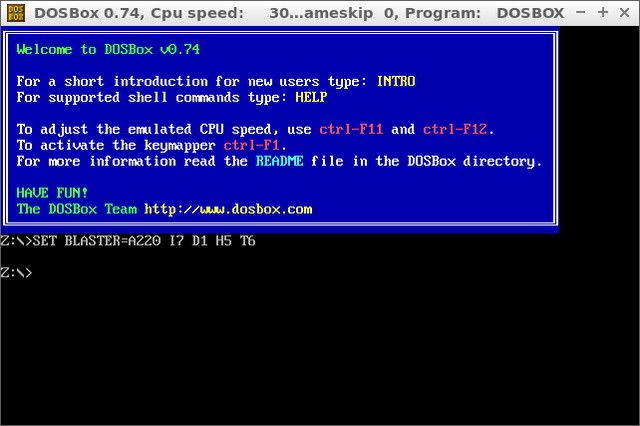Do you wish you could play games meant for other platforms on your PC? Do you have an itch to play games meant for old systems that just aren't cool anymore (or expensive because they're antique)? Well don't worry, because you can play your games without having to buy a console for each one. How? Simple, just use Linux! There are so many emulators available for our favorite open source operating system that you can play just about anything your heart desires right on your computer.
Don't believe me? I'll show you just how many emulators there really are.
How Can You Play Console Games on a Computer?
Before we get into the emulators needed to get your games up and running, how do you even play these games on a computer? For example, with SNES games, there's no place on your computer to insert cartridges. To get around this, people have managed to make image files from these cartridges and saved them in formats readable by emulators.
These can be downloaded from the Internet, which is also pretty convenient. Sounds like a massive free library of games, right? Well, depending on where you live (such as the US), it's illegal to download these copies unless you've actually bought the game before -- then downloading them is simply an act of maintaining a backup of a game that you've already purchased. So be warned before you start downloading every game in existence.
What to Expect
Going over the features of every single emulator I'm about to list for various different platforms is going to be way too much, but the features are relatively similar among them all, so I'll just pick my most-used one as an example: DesMuMe for Nintendo DS games. Other than being able to open .nds files (the format used for Nintendo DS ROMs), it gives you plenty of options for controlling how exactly you play.
For example, you can change the size of the emulator window, as well as skip frames, in case you want to speed up gameplay or if you're experiencing gameplay issues. You can also use your keyboard or a joystick to play your game, and you can customize which buttons do what on either input device. You can even rotate the screen and control whether there's a gap between the two screens (to make it more or less realistic to the physical Nintendo DS).
It's reasonable to expect something similar from most other emulators, plus maybe some other options more specific to the platform you're emulating.
Nintendo Family
Some of the top crowd-favorites came out on a Nintendo console, so if you have a certain game you're itching to play, chances are high it was on Nintendo. And thankfully, games meant for Nintendo consoles are some of the easiest to emulate, even newer ones that run on the Wii U or 3DS! Granted, the newest platforms only have experimental emulators, but that's still better than nothing.
If you have Wii or GameCube games, then try Dolphin Emulator to get the job done. Need to play a Nintendo 64 or even SNES game? Try Mupen64Plus for Nintendo 64 games, and ZSNES (which we've covered before) or Snes9x for SNES games. On the portable side of things, if you need a 3DS emulator, try the experimental Citra emulator. For DS games, DeSMuMe (as we already covered) works wonders. Finally, for GameBoy, GameBoy Color, and GameBoy Advanced games, you can try VisualBoyAdvance-M as well as Mednafen (which itself supports multiple platforms) and see which one works best for you.
Sega Family
Although Nintendo games have the largest selection of emulators to choose from, fans of other consoles also have their options. Sega gamers have at least three emulators to choose from: DGen/SDL for the Sega Genesis, lxdream [Broken URL Removed] for the Sega Dreamcast, and Yabause for the Sega Saturn. As those Sega systems have existed for quite a while, these emulators should be pretty reliable.
Plus Much More!
Meanwhile, if you have an urge to revisit the halcyon days of Amiga gaming, there's FS-UAE that should serve as your trusted emulator for all Amiga versions. If you have PlayStation or PlayStation 2 games, you can use PCSX(-Reloaded) and PCSX2, respectively. Lastly, for the good ol' DOS games, you have the choice of DOSBox and DOSemu to get those up and running.
It's Not a Perfect World
You may have noticed that a few relevant consoles that are missing. For example, there's no word on PlayStation 3 or PlayStation 4 support. Nor is there any support for the Xbox 360 or Xbox One. There is a highly experimental emulator out for Xbox games (yes, the original Xbox) called Cxbx [Broken URL Removed], but we must emphasize the "highly experimental" nature of it.
Why is there little to no support for these consoles? Well, they're relatively new, very powerful platforms. The sole purpose of an emulator is to be the software implementation of what hardware is supposed to do. Hardware is always faster, so if software needs to translate what the console hardware does in order for your computer to understand, that's a lot of extra work. So you'll find that you usually need a system that has a processor that is several times faster than that found in the original console.
Cheap, Dedicated Emulation Gaming
That being said, if you're looking to build a system dedicated to running emulated console games (preferably the ones that require minimal processing power), you can grab a Raspberry Pi for cheap and install all of your favorite emulators on it.
We have guides on how to get a "RetroPi" up and running, as well as another guide that will help you find a lot of great games. Best of all, it's fairly portable as long as you find another monitor that you can plug into, and there are many games that don't need an emulator and are playable natively on the Raspberry Pi.
Why Not Linux?
As you can see, the options for emulation on Linux are nearly limitless. So if you've been wanting to get some nostalgia back in your life, why not choose Linux when you're getting your emulation game on? It's easy to get Linux going on your system, and even easier to install any or all of these emulators as most of them will be in your distribution's repositories, or in a PPA.
What's your favorite emulator to use, or for which platform do you wish a stable emulator would exist for? Let us know in the comments!
Image Credit: Two emperor penguins by Leksele via Shutterstock, Yabause

